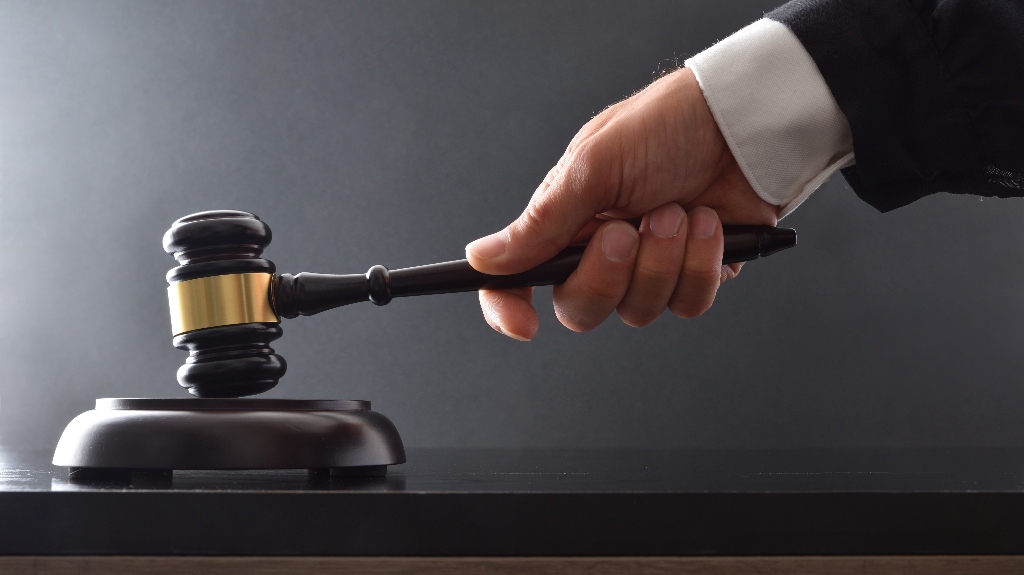Kentucky Drug Paraphernalia Laws: What Constitutes a Charge?

Many people do not realize that in Kentucky, you can face criminal charges for drug paraphernalia even if there are no drugs in sight. It is not just possession of controlled substances that can bring you into the legal system. Simply having items associated with drug use can trigger serious consequences.
What Counts as Drug Paraphernalia?
The term drug paraphernalia may sound technical, but it is applied broadly. Pipes, bongs, rolling papers, syringes, small containers, and even scales can all fall under this definition. It is not enough that these items have legitimate uses. What matters is the intent behind them. If law enforcement believes an item is primarily intended for consuming, producing, or storing illegal drugs, it can form the basis of a charge.
Does Intent Actually Matter
Intent plays a crucial role in these cases. Imagine a glass pipe found in your home. If it has traces of illegal substances or is found alongside other signs of drug use, prosecutors may argue that it was intended for illegal activity. Even common items like plastic bags or small containers can become paraphernalia if used in connection with controlled substances. Kentucky courts look at the situation as a whole: location, accompanying items, and even statements you might make can factor into whether a charge sticks.
Possession vs. Distribution
It is also important to understand that drug paraphernalia charges are separate from drug possession. You can be charged with paraphernalia even if the drugs themselves are not present. In Kentucky, possessing paraphernalia is usually a misdemeanor, but distributing, selling, or delivering such items can escalate the situation to a felony. The context of the charge, the type of item, and prior convictions can all affect potential penalties.
Common Misunderstandings
Many people assume that an item’s legal uses protect them. A pipe sold for tobacco use, a syringe used for medical reasons, or containers used for spices may all be perfectly lawful on their own. The issue arises when prosecutors can show that the item was intended for illegal drug use. That is why even everyday objects can become the center of a criminal case.
Consequences of a Conviction
Facing a paraphernalia charge in Kentucky can have consequences beyond fines or short jail sentences. Convictions appear on background checks and may impact employment, housing, and professional licenses. Even a single misdemeanor can complicate future opportunities, making it essential to address the charge as early and effectively as possible.

Defending Against a Paraphernalia Charge
Defending against these charges often hinges on challenging the prosecution’s claim of intent or questioning the legality of the search that discovered the item. Demonstrating that the object had a lawful purpose or that evidence was obtained improperly can make the difference between a conviction and dismissal. In many situations, having an experienced drug crime attorney involved from the outset may lead to reduced charges, diversion programs, or even a complete resolution in your favor.
Contact Us Today To Learn More About Protecting Your Rights
Understanding Kentucky’s drug paraphernalia laws can prevent unnecessary legal trouble. It also helps you know what to do if you or a loved one is facing a charge. Being proactive, informed, and seeking legal guidance early increases the chances of protecting your rights and avoiding lasting consequences.
At Hoffman Walker & Knauf, we assist clients in navigating these challenges with professionalism and attentiveness. Whether you’re facing a first-time paraphernalia charge or more serious legal issues, we work to handle your case carefully, aiming for the best possible outcome.
Contact us today to learn more.

